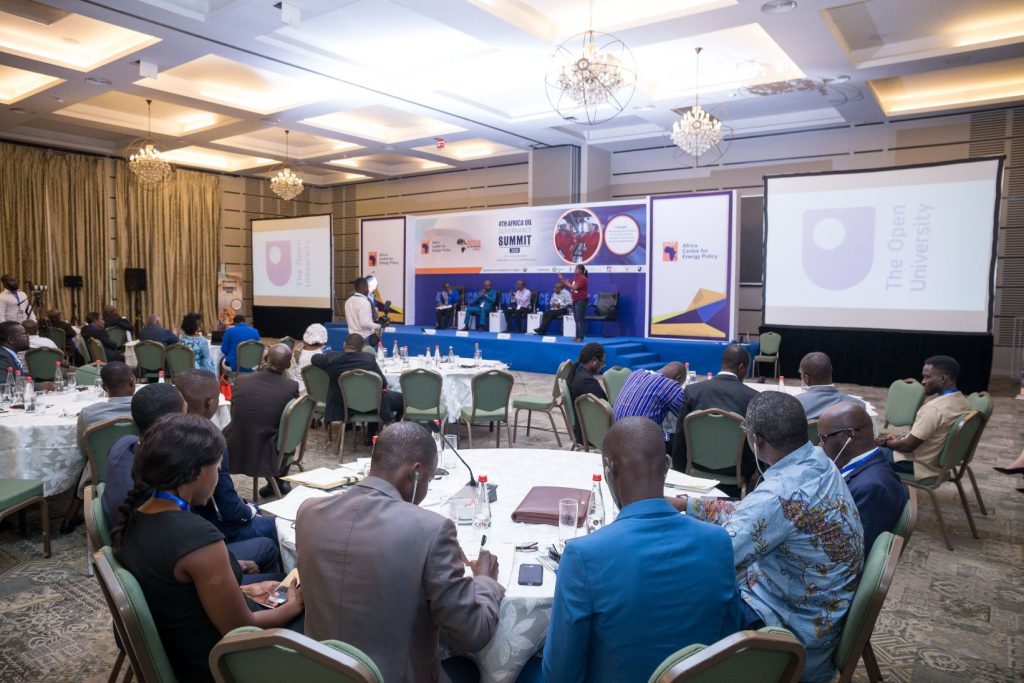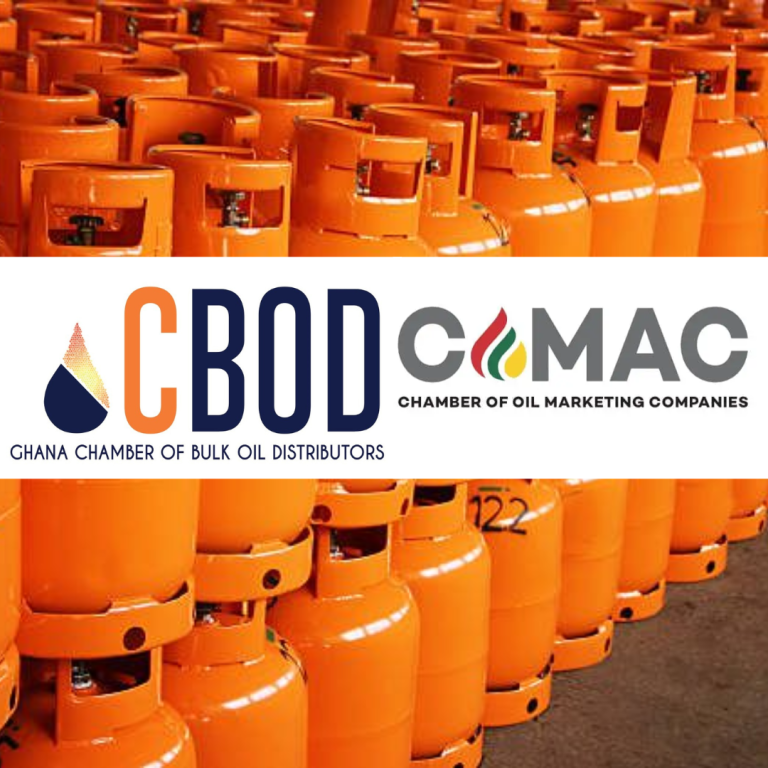With new oil and gas discoveries increasing on the African continent, it has become imperative to look at how to optimise the natural resource to support and promote growth and development.
It is for this reason that the fifth edition of the Africa Oil Governance Summit in Accra will spearhead discussions on how African economies can harness opportunities presented by these new discoveries.
The summit, which is the flagship of the Africa Centre for Energy Policy (ACEP), with support from its partners, will assemble policy makers, regulators, civil society organisations (CSOs) and industry players in the oil and gas space from Africa on October 22 and 23 this year.
The Head of Policy at ACEP, Ms Pauline Anaman, in an interview with the Daily Graphic yesterday, said “we have seen that over the years Africa has seen a number of discoveries on the continent and we also see a lot of opportunities with that.
There are also a number of things happening on the continent that have a bearing on the oil and gas sector, and we have to ensure that we create the right links in ways that promote growth and development,” she said.
Citing the industrialisation agenda and the Africa Continental Free Trade Area (AfCFTA) Agreement, Ms Anaman noted that it was important to ensure that oil and gas did not become an enclave industry; instead there should be a link with other sectors of the economy.
“We have an industrialisation agenda. The AfCFTA has also been signed and ratified by many countries and we need to implement that. They both have a bearing on the oil and gas sector so we have to ensure that oil and gas does not become an enclave industry.
We want a link between the sector and others within the African economy. How do we add value to Africa’s oil resources in ways that promote growth and development?” she quizzed.
Key topics
The two-day summit, which will draw participation of about 250 people from different and key oil and gas producing countries, will also look at other areas aimed at ultimately harnessing the full potential of the oil and gas sector and the opportunities that existed.
It will also focus on the opportunities and threats of the AfCFTA Agreement in creating linkages between the oil and gas sector and other sectors of the African economy.
“We will also be looking at powering Africa through our oil and gas resources. We will be answering questions on energy independence, innovation in other sources of energy such as renewables, shared infrastructure in African countries and what they mean for their security.
“We will also look at investment strategies and look at how to bring in more to ensure that we expand the electricity sector through the oil and gas industry,” Ms Anaman added.
Highlighting opportunities
Ms Anaman explained that one issue that had not been given a lot of attention was how to promote oil and gas for inclusive development with focus on the youth, persons with disability and women.
“There is very scanty information about how they are integrated into the economy. How can a person who is deaf or blind take advantage of opportunities in the sector because they also have equal rights to economic opportunities?
It will be important to look at how we are managing the issue of persons with disabilities as far as resource extraction is concerned,” she said.
The summit
Started in 2015, the main goal of the summit is to expose and address pertinent governance and development issues relating to the management and use of oil and gas resources across the African continent.
The 2019 edition has been dubbed “Optimising oil and gas resources in Africa: the role of new discoveries on the Continent’s development agenda”.
The event is sponsored by OXFAM in Ghana, Norad, Natural Resource Governance Institute and the Open Society Initiative for West Africa (OSIWA).
—graphic.com.gh





